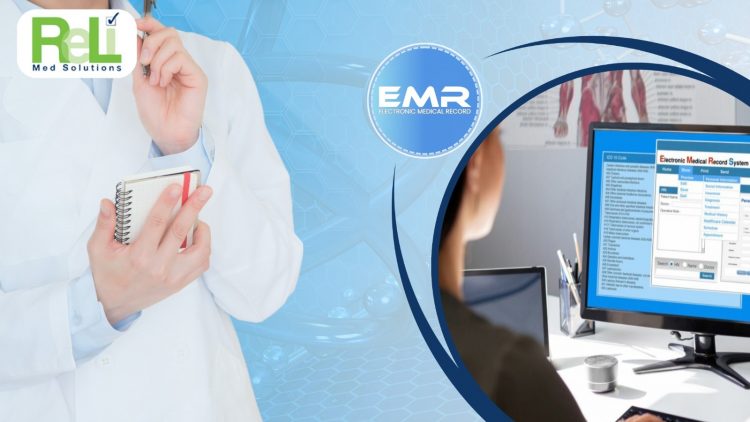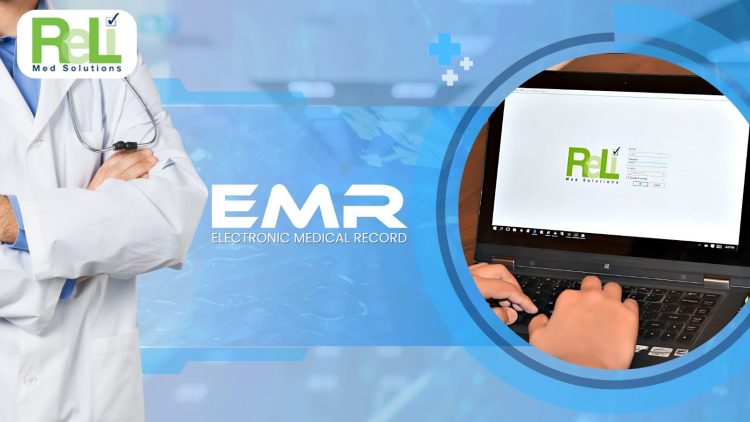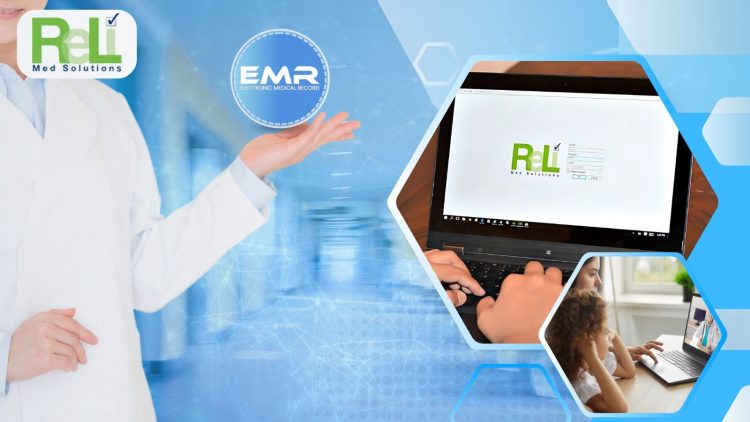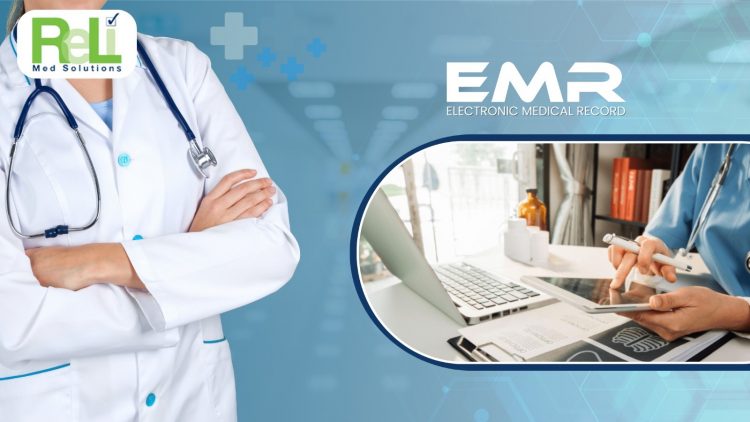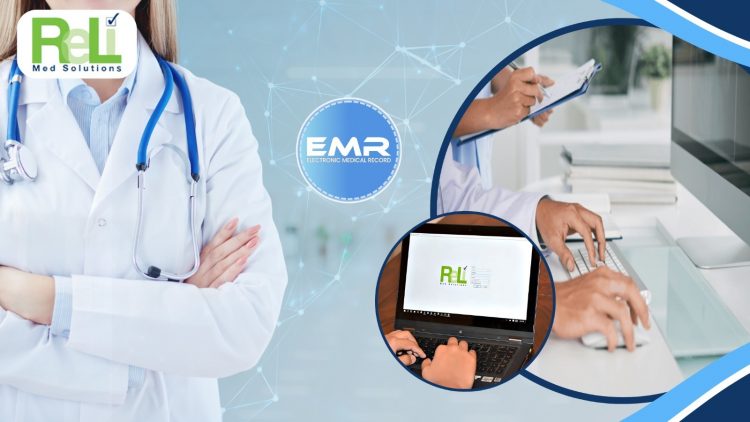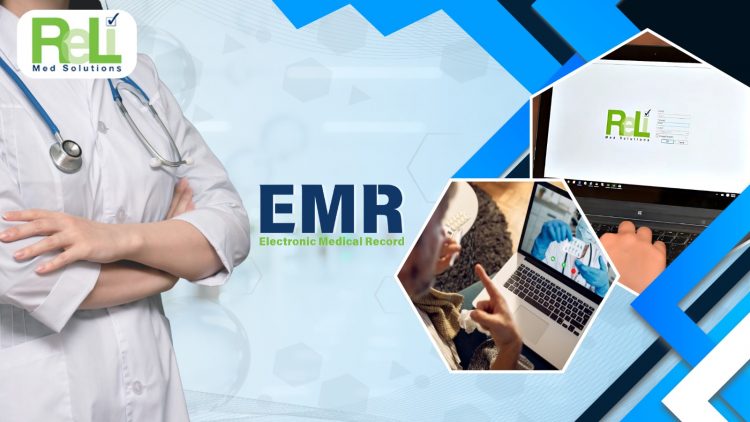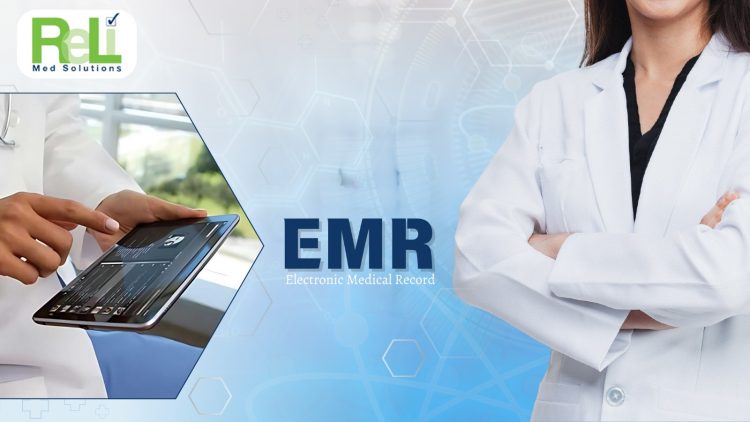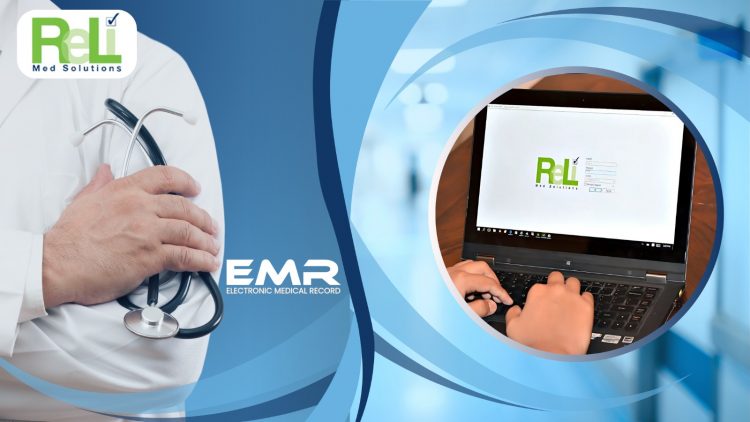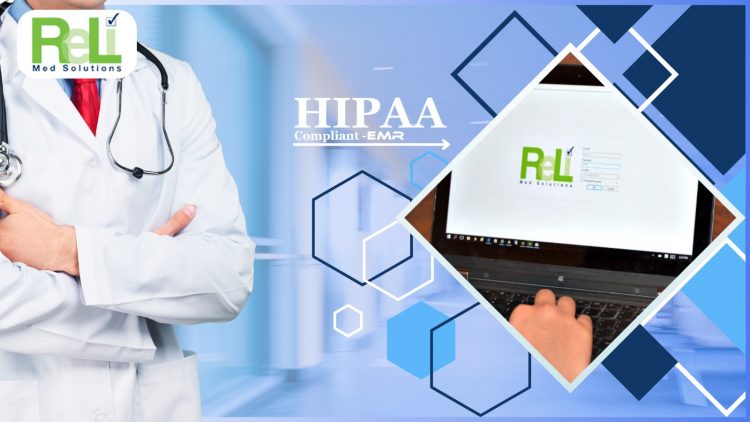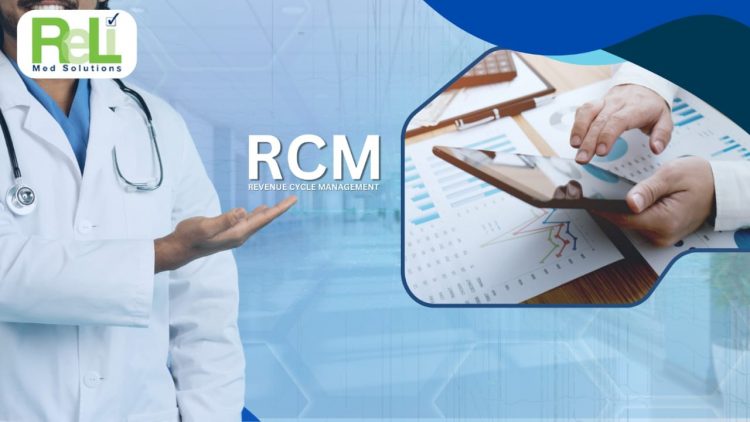Affordable EMR Systems Without the Hidden Fees: A Buyer’s Guide
In today’s healthcare world, Electronic Medical Records (EMR) systems are essential for managing patient information efficiently. However, finding Affordable EMR Systems without hidden fees can be tough. Affordable EMR Systems help medical practices run smoothly, improve patient care, and save money. This buyer’s guide will show you how to choose the right EMR system that fits your budget and meets your practice’s needs without unexpected costs.
How to Avoid Hidden Charges in EMR Systems?
Hidden fees can make an Affordable EMR System expensive. Often, setup, training, or extra features cost more than the initial price. To avoid these hidden charges, always ask for a clear list of all costs upfront. Make sure to read the small print in the contract and ask about any unclear terms with the provider. Additionally, ask about any future costs so you can plan ahead. By being careful, you can avoid surprise expenses and stay within your budget.
What Should You Look for in an Affordable EMR System?
When looking for an Affordable EMR System, focus on the features that matter most to your practice. Here are some key points to think about:
- User Friendly Interface: Make sure the system is easy to use for both staff and patients. A simple interface means less training time and fewer mistakes.
- Important Features: Look for main functions like appointment scheduling, billing, and managing patient records. These are needed for smooth operations.
- Scalability: Pick a system that can grow with your practice without big cost increases. This means you won’t need to change systems as your practice gets bigger.
- Security and Compliance: Ensure the EMR system follows healthcare rules like HIPAA. Security is important to keep patient information safe.
- Reliable Customer Support: Good support can save you time and money when problems come up. Ensure the provider offers quick and helpful assistance.
By focusing on these features, you can find an EMR system that helps your practice work well without spending too much.
Do Not Compromise on Your Needs: Choose Wisely
While affordability is vital, don’t give up the essential features your practice needs. An EMR system should help your main operations work well to avoid problems. For example, if your practice uses telehealth a lot, make sure the EMR system has strong telehealth features. Additionally, think about how the system works with other tools you use, like billing software or patient portals. Choosing wisely means balancing cost with the quality and functions your practice needs to run smoothly. So This way, you can keep high standards of patient care without spending too much money.
What Do You Think About Affordable EMR Systems?
Affordable EMR Systems help medical practices by making things easier and improving patient care without being too expensive. But it’s important to pick the right EMR system to make sure you get good value and avoid extra costs. Think about how easy it is to use, the important features, scalability, and customer support. Also, look at reviews and ask other healthcare professionals for their opinions. By checking all your options, you can find the right EMR system for your needs. Remember, the right EMR system will make your practice run much more smoothly and help your business grow.
Conclusion:
At ReLi Med Solutions Choosing an Affordable EMR System without hidden fees means carefully looking at features, costs, and the provider’s reputation. By following this buyer’s guide, you can make a smart choice that meets your practice’s needs and builds a strong foundation for the future. Investing in the right EMR system not only makes your practice more efficient but also ensures it stays sustainable and provides better patient care in the long run. So, take the time to research and choose wisely, and your practice will benefit from a reliable and cost effective EMR solution.
Choosing the right EMR system is a key step for any medical practice. By focusing on affordability and clear pricing, So you can find a system that meets your needs without surprise costs. Use this buyer’s guide to explore your options and make a choice that will support your practice’s success for many years.

